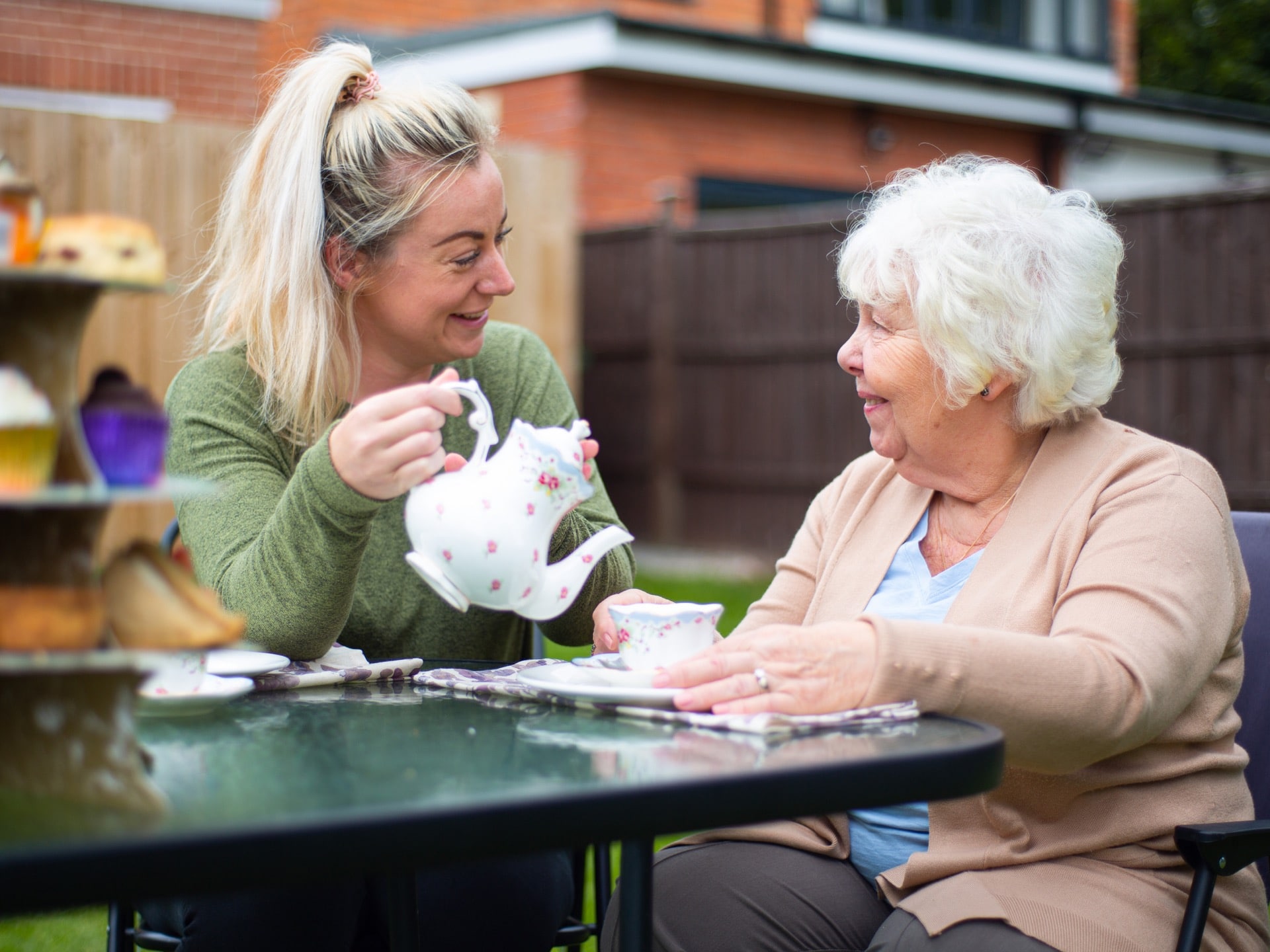When to get help for dementia
Recognising the early signs and symptoms
It’s natural as we age to become more forgetful, and there are not many people who, even at fifty, have the same recall as they did at twenty-five. However, once past 65, the likelihood of developing dementia becomes much more likely, with the NHS telling us that “The risk of Alzheimer’s disease and other types of dementia increases with age, affecting an estimated 1 in 14 people over the age of 65 and 1 in every 6 people over the age of 80.”
There is a difference, though, between general forgetfulness caused by ageing and the beginnings of dementia, and people who are close to the person will certainly notice that their cognitive decline is affecting their everyday life.

Seeking professional assessment
It’s not always easy to persuade someone with dementia symptoms that they should visit a healthcare professional to discuss it. They will often be resistant, either because they are not keen on going to a doctor generally or they may be afraid of what tests will reveal. It’s important to remain calm and equip yourself with the facts about what will likely happen so that you can be as supportive as possible and not get angry or frustrated with the person if they refuse to attend. Talking through their options and helping them to see that it will ultimately benefit them may be all it takes for them to agree to the assessment.
Signs of cognitive decline
Multiple brain functions will likely be affected over a long period as dementia is a progressive condition. The first signs of Alzheimer’s especially are usually memory problems, such as “forgetting about recent conversations or events, and forgetting the names of places and objects” according to the NHS.
Emotional and behavioural changes
Alzheimer’s is only one type of dementia, however it is the most common one to present. Other symptoms may include confusion, difficulty making decisions, speech and language problems, getting lost and disorientated, difficulty looking after personal care, mobility problems, personality changes, low mood and hallucinations.
Available Support and Resources
Charities such as Age UK and the Alzheimer’s Society have fantastic online resources that can help you to make sense of what you or your loved one is going through, and carer support if you feel things are getting on top of you. Your first port of call would probably be the GP or health clinic; however, if you are still struggling to get your loved one to agree to attend, a social environment may be a less stressful option to begin with. Attending a local memory café or dementia support group may introduce the idea to your loved one without the associated anxiety of attending a healthcare practice and will offer much-needed support to family members too. Social services are also worth approaching as they will be able to help you with carer’s assessments.
Making a decision on care options
As dementia progresses, it’s unlikely that someone will be able to continue looking after themselves properly. They will most likely need to have someone with them at crucial times of the day such as mealtimes and going to bed so that they continue to live well. This puts additional stress and pressure on family members because of trying to balance home life and caring duties. One way to continue living a balanced life is to have Helping Hands supporting the person in the comfort of their own home, rather than presuming they will have to end up living in a care home. Having to leave a home that is precious to them will cause additional stress, confusion and anxiety for someone living with dementia, which is why care at home is the ideal choice in such circumstances.
We’ve been supporting people living in their own homes since we were established in 1989, which is why we are the UK’s most trusted home care provider.

In addition, we have 150 branches across England and Wales so there is bound to be one near you. We offer care and support on both a visiting and live-in basis designed to suit someone living with dementia, and because all of our care is fully regulated by the Care Quality Commission and the Care Inspectorate Wales, everyone you love will be fully reassured that the care you’re receiving is of the very highest quality.